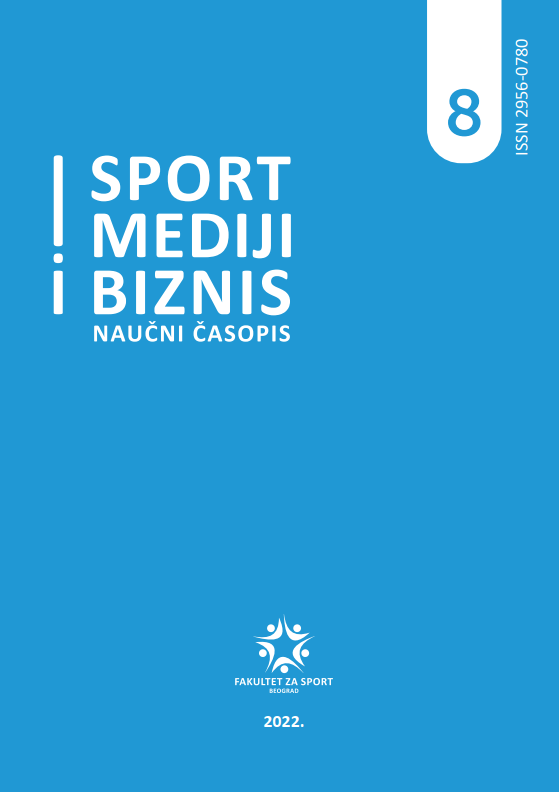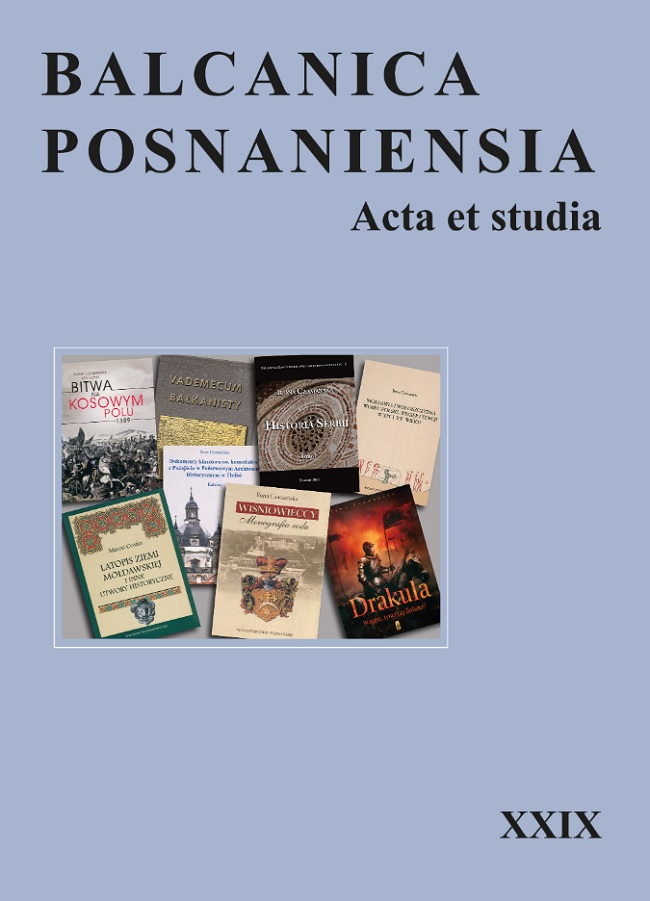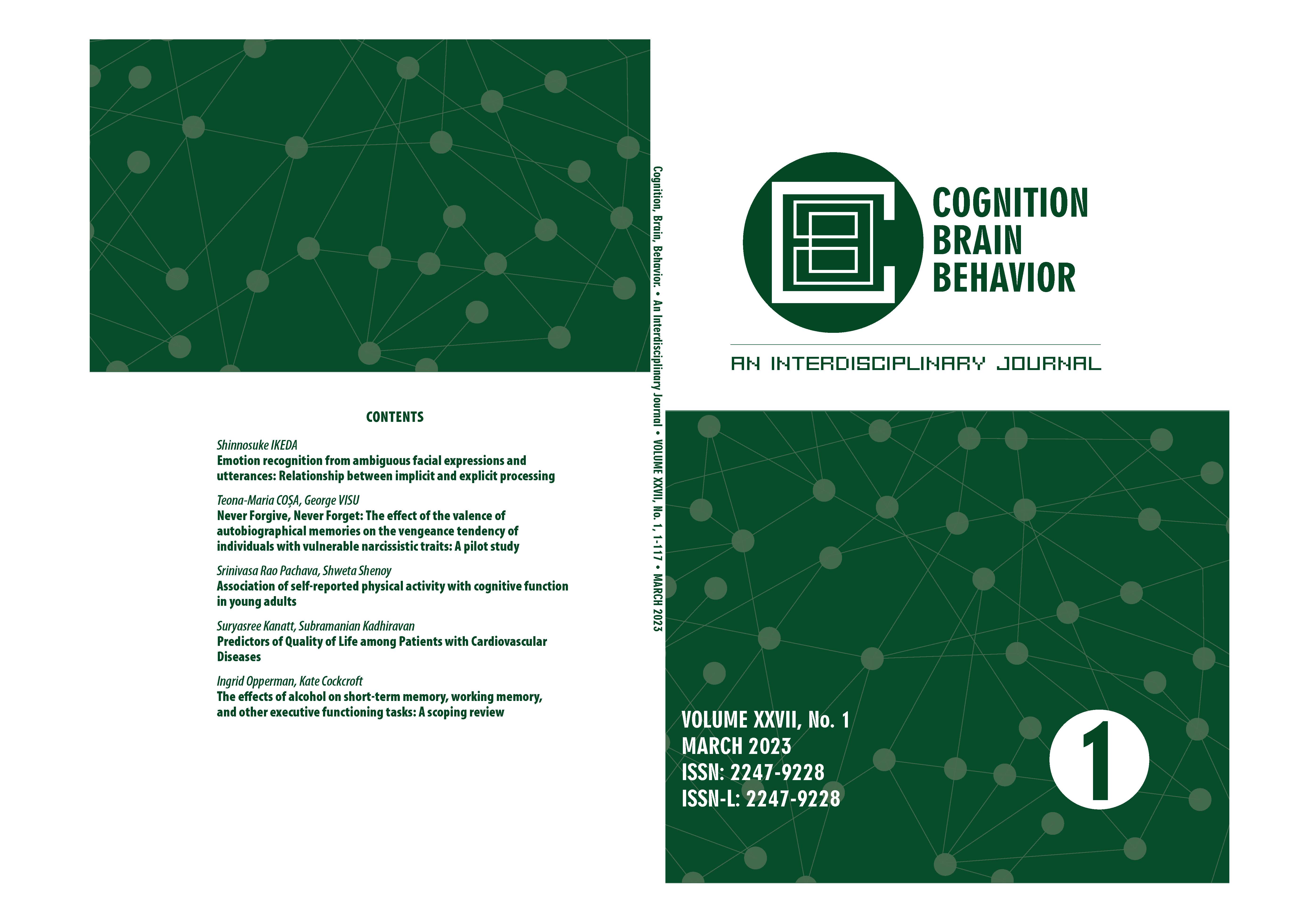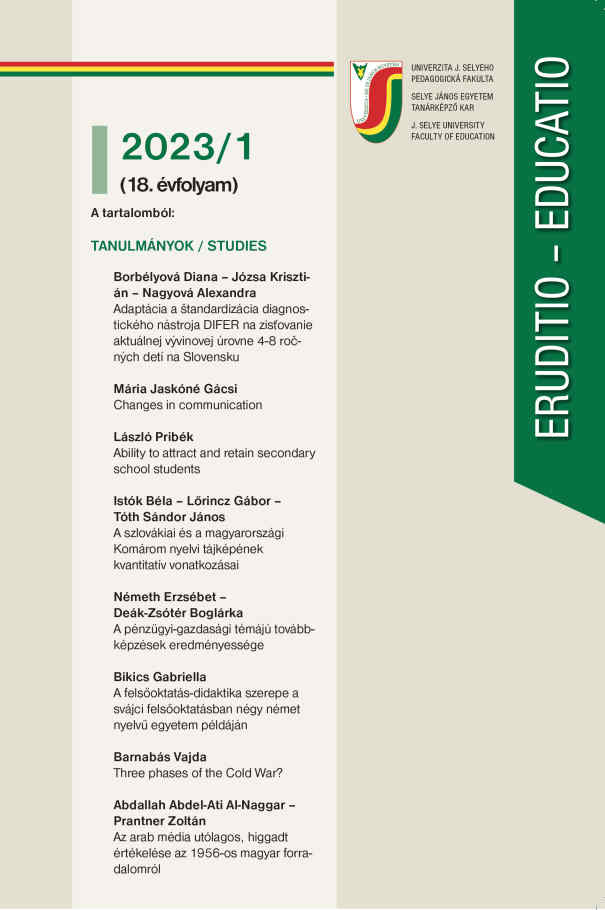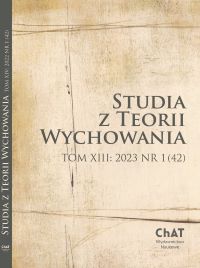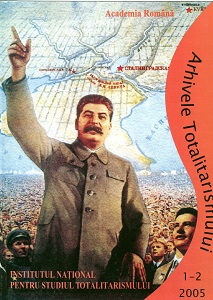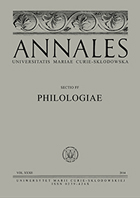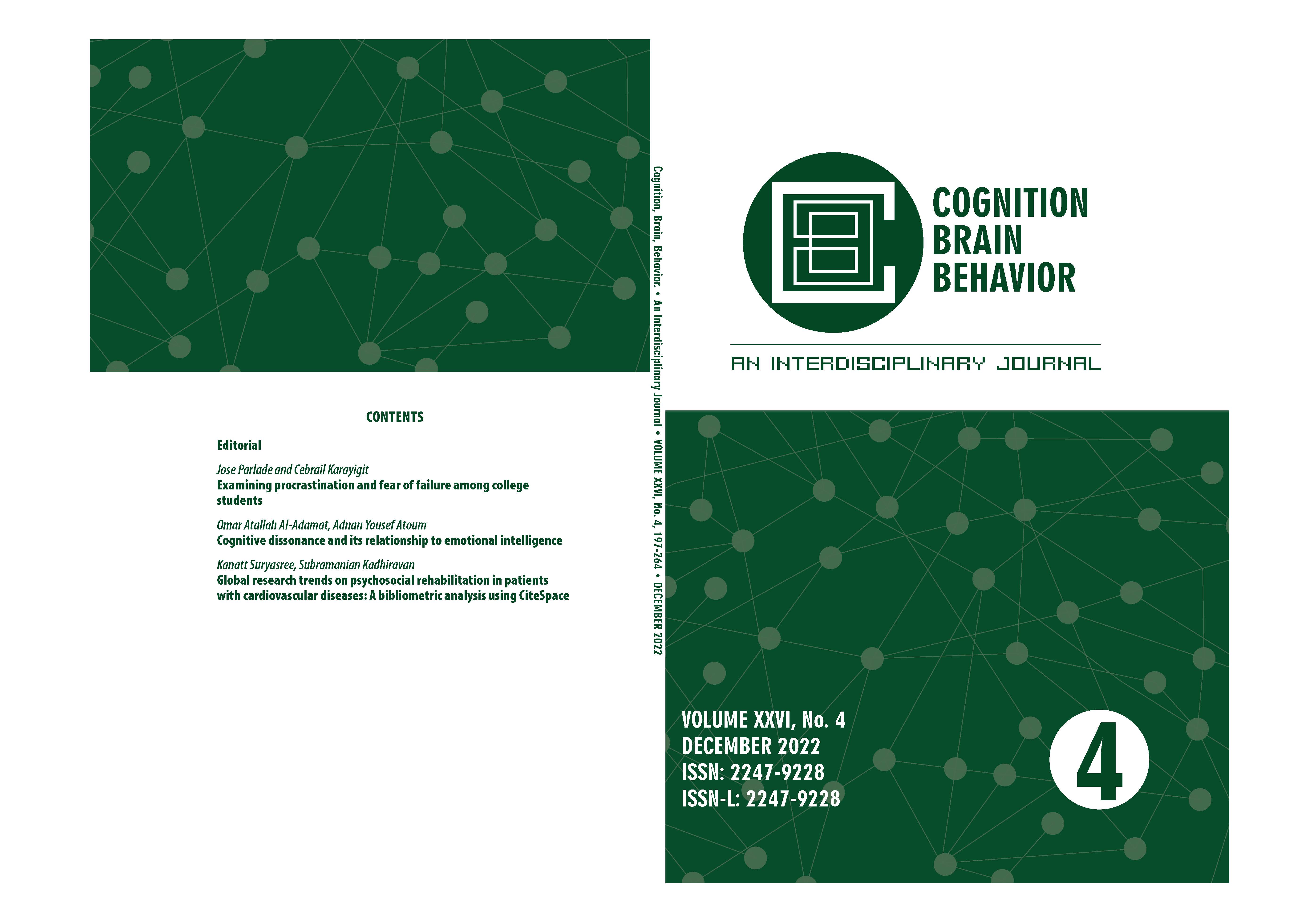Przestrzeń informacyjno-komunikacyjna i ideologie pedagogiczne początku XXI wieku: aspekt ukraiński
Author(s): Małgorzata Kosiorek,Svitlana Loboda / Language(s): English
/ Issue: 1 (42)/2023
Keywords: information and communication space; pedagogical ideologies; ideologeme; mythologeme; Ukrainian pedagogical thought of the beginning of the 21st century
Connections and relationships of pedagogical theories and pedagogical ideologies emerging on their basis are considered in the direction of modern philosophical approaches. Pedagogical ideology as an ethnocultural and cultural-historical phenomenon The modern information and communication space is a powerful mechanism of impact on the formation of public opinion and pedagogical consciousness, as well as a source and repository of pedagogical ideas, and therefore, pedagogical ideologues. Pedagogical ideologies, which make up the pedagogical content of the information and communication space of the beginning of the 21st century, form a polyphonic, polyparadigmatic, personally oriented discourse aimed at "overcoming the power" of the idealized political discourse. Is considered by many philosophers of education as a significant component of scientific and pedagogical thinking. Almost every culture is mythologemic, as it generates sociocultural matrices of various myths, in particular social and pedagogical ones, which affect the value-meaning aspects of pedagogically directed actions, the nature and content of the pedagogical process, mental processes of its participants. At the current stage of the development of education and pedagogical thought, the concept of "mythologeme" becomes close to "ideologeme", which strengthens socio-political influences on the course and development of scientific and pedagogical thought. At the current stage of development, the history of pedagogy includes many samples of the usage of the information and communication space, presented at different periods of times by various means of mass information, as a powerful mechanism of political and ideological influence on the development of the theory and practice of education. Thus, the problem of objective evaluation of the intellectual and spiritual heritage of world pedagogy, implementation of a modern reading of this valuable experience freed from ideological distortions arises. The relevance of the research is strengthened by the necessity to create a picture of the historical-pedagogical process exempted from ideological layers, which includes all the diversity of ideas of past pedagogical ideologies. Emancipated from political contexts, historical knowledge in the field of education determines the further development of pedagogical thought and becomes a scientific, philosophical and moral imperative for the formation of a modern pedagogical ideology.
Współczesna przestrzeń informacyjno-komunikacyjna jest potężnym mechanizmem oddziaływania na kształtowanie opinii publicznej i świadomości pedagogicznej, a także źródłem i repozytorium idei pedagogicznych, a więc pedagogicznych ideologii. Ideologie pedagogiczne, które składają się na pedagogiczną treść przestrzeni informacyjno-komunikacyjnej początku XXI wieku, tworzą dyskurs polifoniczny, poliparadygmatyczny, zorientowany na osobę oraz nastawiony na „przezwyciężenie władzy” wyidealizowanego dyskursu politycznego. Teorie i wyłaniające się na ich podstawie ideologie pedagogiczne nawiązują do współczesnych koncepcji filozoficznych. Ideologia pedagogiczna jako zjawisko etnokulturowe i kulturowo-historyczne uważana jest przez wielu filozofów edukacji za ważny składnik myślenia naukowego i pedagogicznego. Każda kultura jest mitologiczna, gdyż generuje socjokulturowe matryce różnych mitów, w szczególności społecznych i pedagogicznych, które ukierunkowują działania pedagogicznie, wpływają na charakter i treść procesu pedagogicznego, a także na procesy psychiczne jego uczestników. Na obecnym etapie rozwoju edukacji i myśli pedagogicznej pojęcie „mitologem” zbliża się do „ideologem”, co wzmacnia wpływy społeczno-polityczne na przebieg i rozwój myśli naukowej i pedagogicznej. Na obecnym etapie rozwoju historia pedagogiki zawiera wiele przykładów wykorzystania przestrzeni informacyjno-komunikacyjnej, prezentowanej w różnym czasie za pomocą różnych środków masowej komunikacji, jako potężnego mechanizmu politycznego i ideologicznego wpływu na rozwój teorii i praktyki edukacyjnej. Powstaje więc problem obiektywnej oceny intelektualnego i duchowego dziedzictwa pedagogiki światowej, wdrożenia nowoczesnego odczytania tego cennego oraz wolnego od ideologicznych wypaczeń doświadczenia. Dodatkowo potrzebę badań wzmacnia konieczność odtworzenia i opisu procesu historyczno-pedagogicznego wolnego od warstw ideologicznych, który obejmuje całą różnorodność idei minionych ideologii w obszarze pedagogiki. Wiedza historyczna z zakresu wychowania i edukacji, wolna od kontekstów politycznych, determinuje dalszy rozwój myśli pedagogicznej i staje się imperatywem naukowo-filozoficznym i moralnym dla kształtowania się współczesnej ideologii pedagogicznej.
More...
